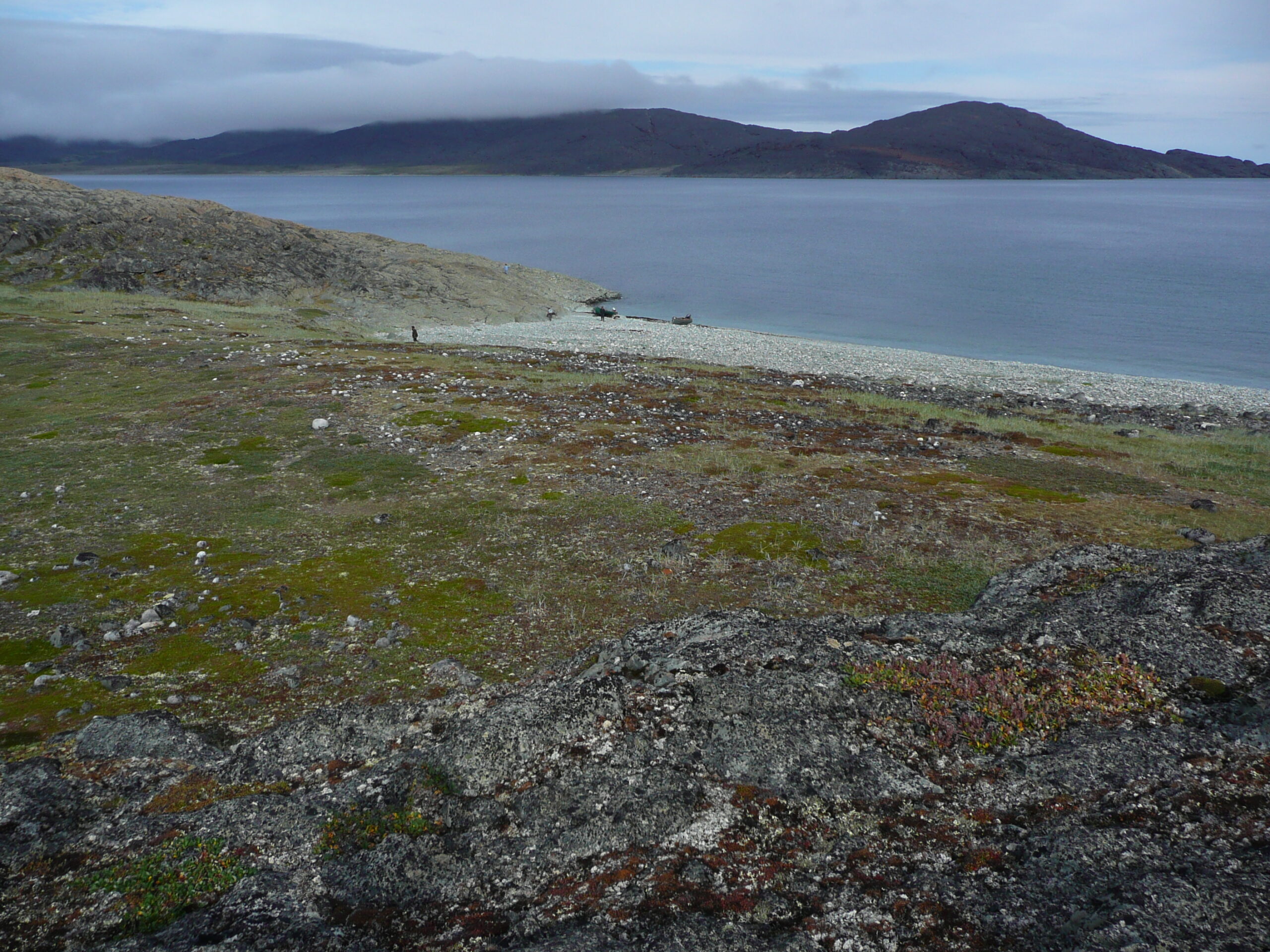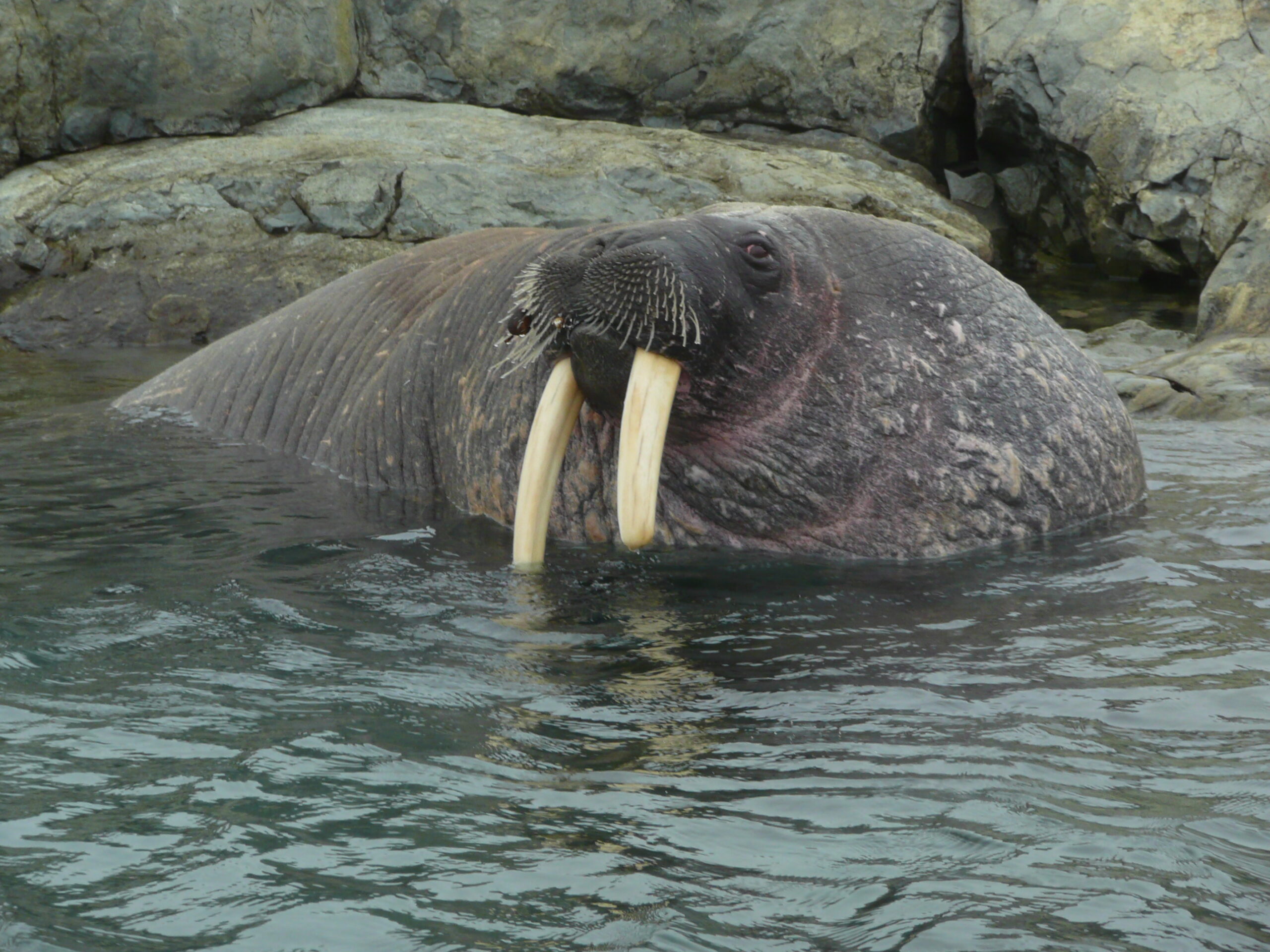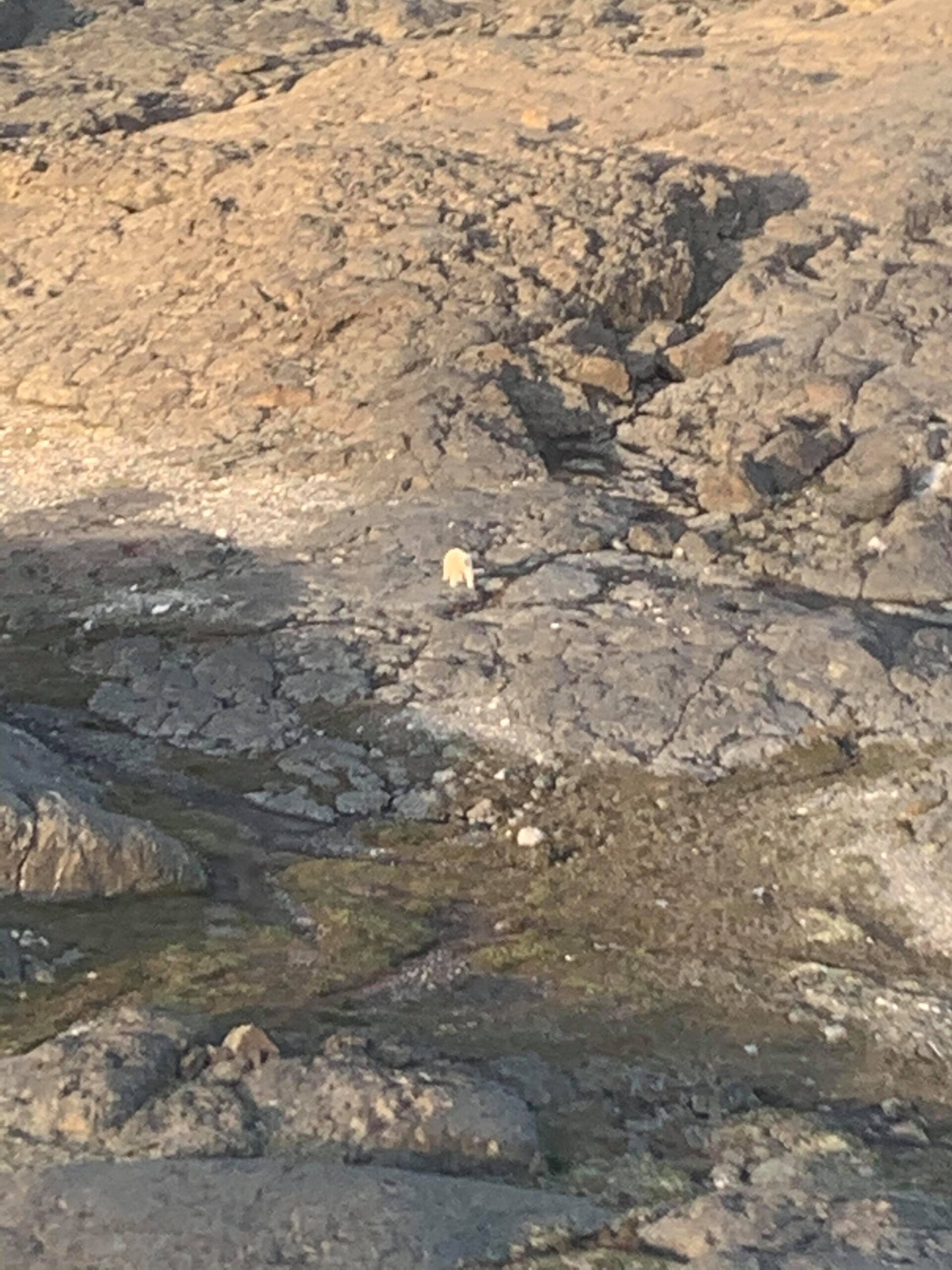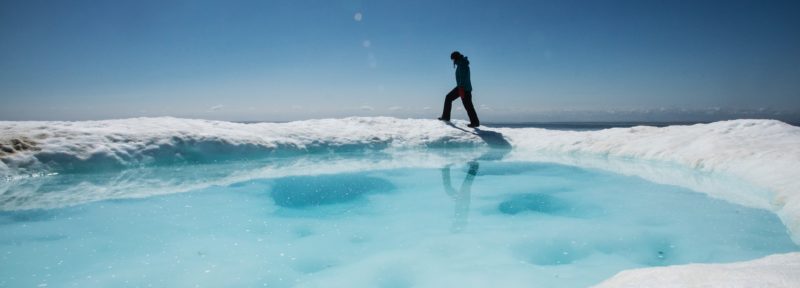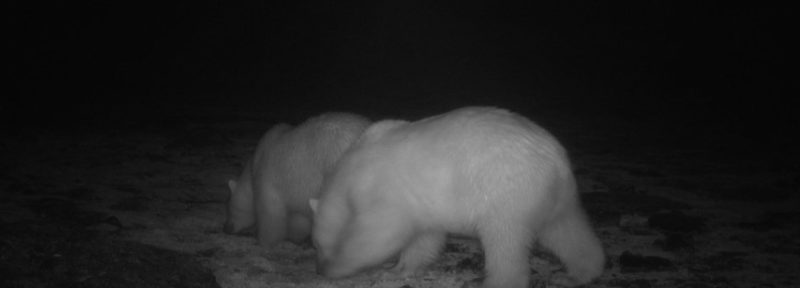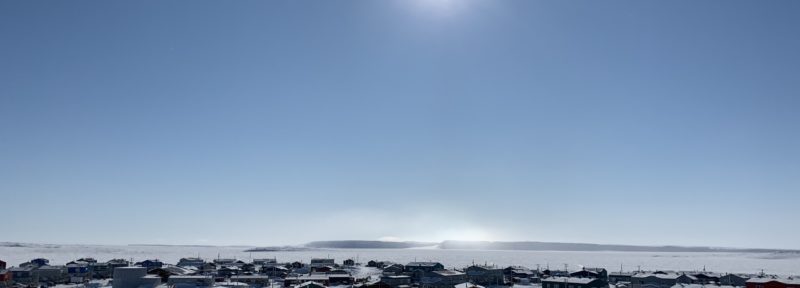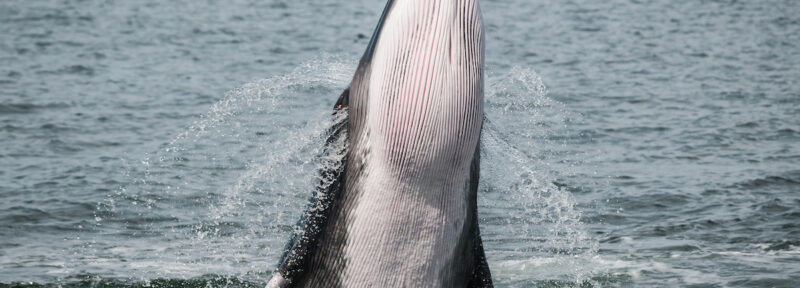Federal Government Pledges Support for Arqvilliit Indigenous Protected and Conserved Area
An Inuit-led archaeological team arrive arrive by boat to explore one of the islands in Arqvilliit.
Crédit : Yvan Pouliot
The federal government has pledged $1.43 million to help create an Indigenous Protected and Conserved Area (IPCA) for Arqvilliit, also known as the Ottawa Islands.
This narrow archipelago in northeastern Hudson Bay has huge, sweeping rock cliffs, hills dotted with turquoise lakes and low-lying tundra that provides 24,000 hectares of nearly undisturbed habitat for polar bears, nesting eider ducks and several bird species of special concern. Bowhead whales, seals and walrus flourish in the surrounding waters. The cluster of 24 islands, part of the Nunavik Inuit homeland since time immemorial, is included in the Nunavik Inuit Land Claims Agreement.
On November 5th, Minister of Environment and Climate Change Jonathan Wilkinson announced that funding will come from its Canada Nature Fund and that the IPCA project will be overseen by leaders from Inukjuak, Nunavik.
A walrus sits in the shallows in Arqvilliit.
Crédit : Yvan Pouliot
Shaomik Inukpuk, chair of the steering committee for the Arqvilliit IPCA project, explained the importance of protecting the islands: “Protecting polar bear habitat is protecting the polar bears forever. In my lifetime, I have seen how human impacts have affected one species and how that creates a cascade of effects throughout the ecosystem. Arqvilliit is critically important habitat to polar bears and all the species that live there. Protecting this unique place will ensure a healthy polar bear population and a thriving ecosystem for all organisms that call it home.”
A polar bear climbs down a rocky hill in Arqviliit.
Crédit : Jobie Oweetaluktuk
Inuit of Inukjuak and surrounding communities in Nunavik have always relied on the harvest of polar bears as part of their culture and livelihood. Today, this remains an important source of healthy food and warm hides, and is also important because of the high cost and poor quality of food available in local stores. Inuit have a great respect for polar bears and have maintained sustainable levels of harvesting during the centuries they have lived in the region.
The Arqvilliit IPCA team are working to obtain interim IPCA status for the islands, carry out all necessary stakeholder consultations and negotiations, hire local Inuit as staff on the project, and review all existing data on the species of the islands. They also plan to document Traditional Knowledge about the islands and work with a local archaeological organization to determine historical use of the islands and preserve Inuit heritage sites. A long-term monitoring and management plan will be created defining what the IPCA will look like.
Oceans North is honoured to work with the Arqvilliit IPCA team and applauds this Indigenous-led effort. This conservation project will ensure ecosystem and biodiversity protection in this region, as well as protect polar bear habitat. Within the IPCA, Nunavik Inuit will act as monitors and guardians of the islands, increasing local capacity and adding jobs to the local economy. Once protected, the islands will act as a sentinel of polar bear and Arctic eider habitat in Nunavik and Hudson Bay, and benefit generations to come.
Watch a video about the Arqvilliit IPCA in English or French about the Arqvilliit IPCA.
Jennie Knopp is community and science director for Oceans North.

